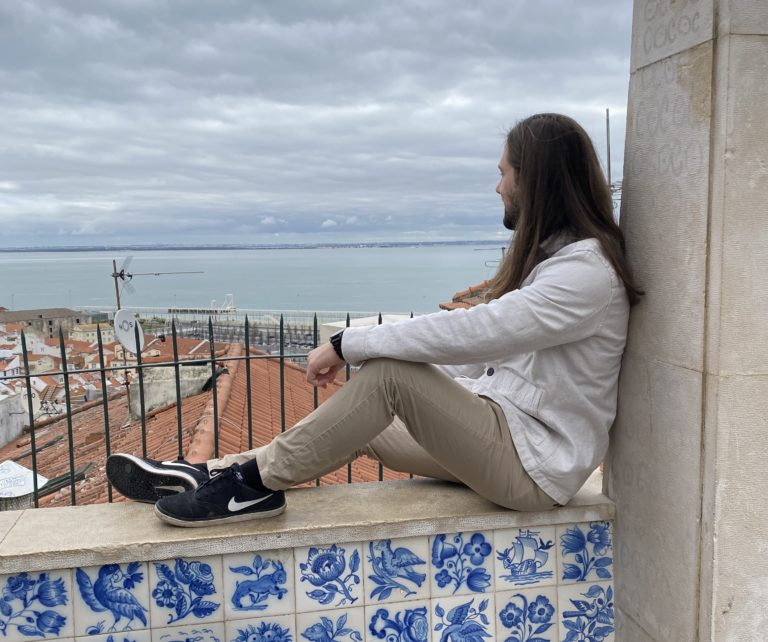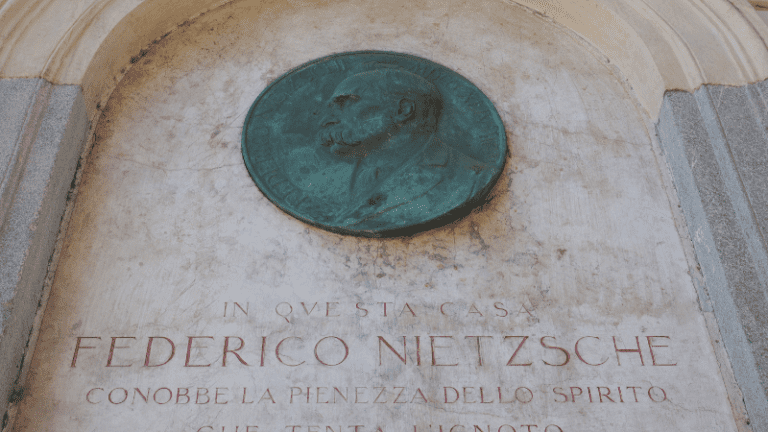Sartre's dilemma: Why only you can make the right decisions for you
Jean-Paul Sartre explains in an anecdote, about one of his students, the problem that comes with big decisions: how do we decide on the Correct? In this article we will look at why there is no universal answer to this question and everyone must ultimately decide for themselves.
The anecdote about Sartre's former student is about how this student was at a crossroads in his life and had a choice between two enormous possibilities.
On the one hand, he wanted to go to war to give his life for something he believed in. He wanted to go to war not only to defend his country, but also to protect the people he loved and most importantly, because he believed it was right.
Sartre's friend, the famous philosopher Albert Camus was of the opinion, that a good reason to live is also a good reason to die. Considering this statement, it is even easier to understand why someone would want to go to war.
Why Albert Camus was not an existentialist, by the wayyou can find out here.
On the other hand, he had a sick mother at home. Since he was the only person she had left, there was no one else who could have taken over this task.
So his problem here was that the war could have been fought by others, but his mother had only him. On the other hand, he wanted to serve justice and put an end to the war. He therefore had to make a choice. Either he would stay with his mother, or go to war.
If he went to war, his role would probably be very small. He would make only a very small difference. However, his decision - however small his role - would have an impact on the lives of millions of others.
If he were to choose his mother, he would not affect millions of lives, but he would affect his mother's life immensely.
Sartre therefore said; the reason of his question was to make clear that no one could have an answer for him. More precisely, there was no answer to this question. No one can say what would have been the right decision. Until the student decided it for himself. No moral teaching could have told him how he should decide. Even if someone else had told him how to decide, it would not have been the right decision, unless it was what the student thought was right anyway.
So the answer of the student, regardless of what it was, was the only correct answer, insofar as he had met this answer authentically. For the answer depended on the values he himself had chosen. Sartre also once said, that we do not know how to live. This statement is also typical of existentialism and is similar to the answer given here, since in both cases we decide for ourselves whether we are right or wrong.
To briefly summarize the whole scenario once again. There is no correct or unambiguous moral code that can be applied to many questions. The authenticity of our decision - that is, whether we are fully behind it or not - is the answer to what the right answer is. We ourselves decide what is right. This shows the most basic feature of existentialism very well. If you want to know more about existentialism, I recommend our article about it what existentialism is to read.







